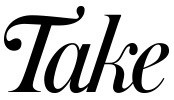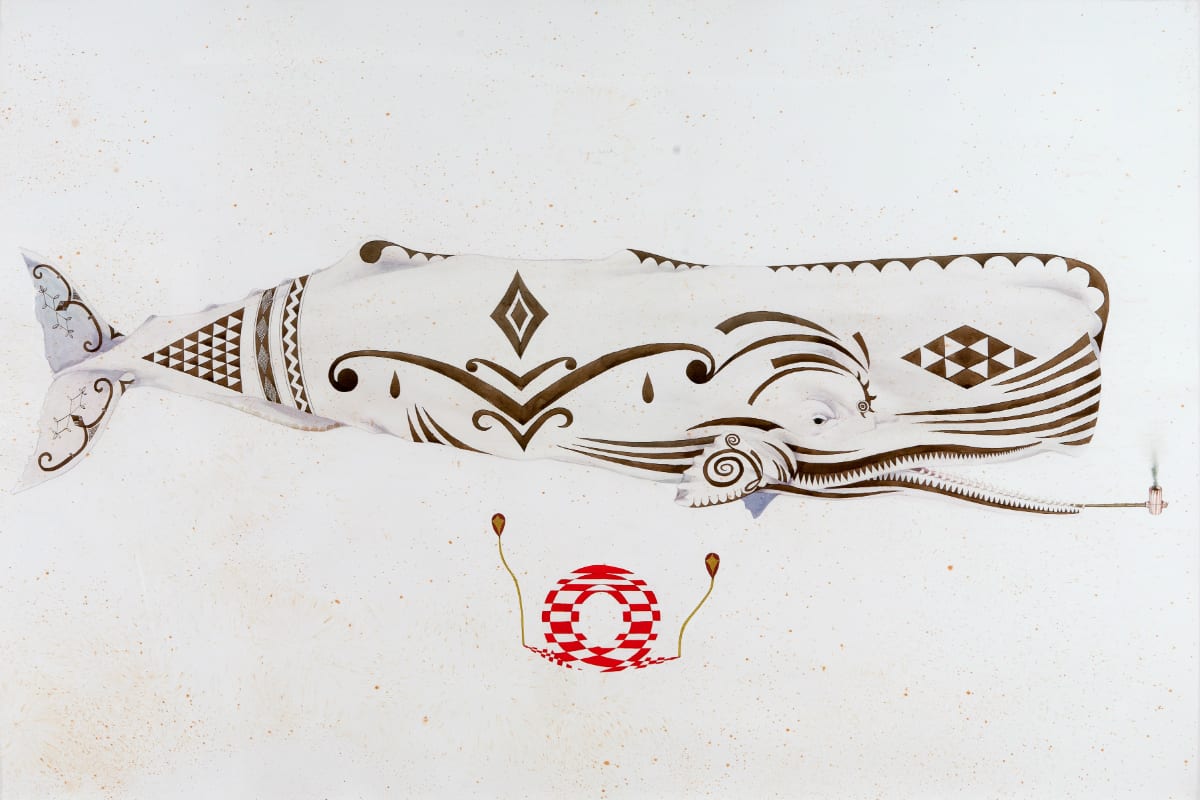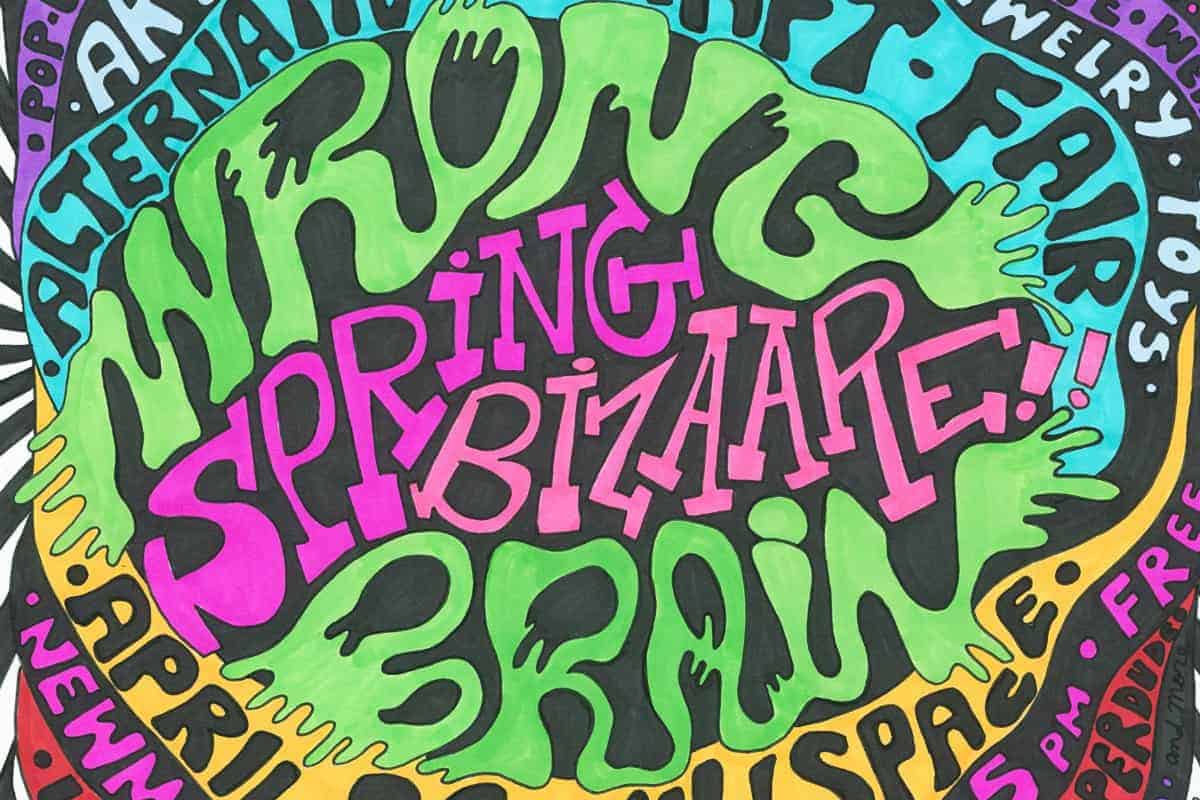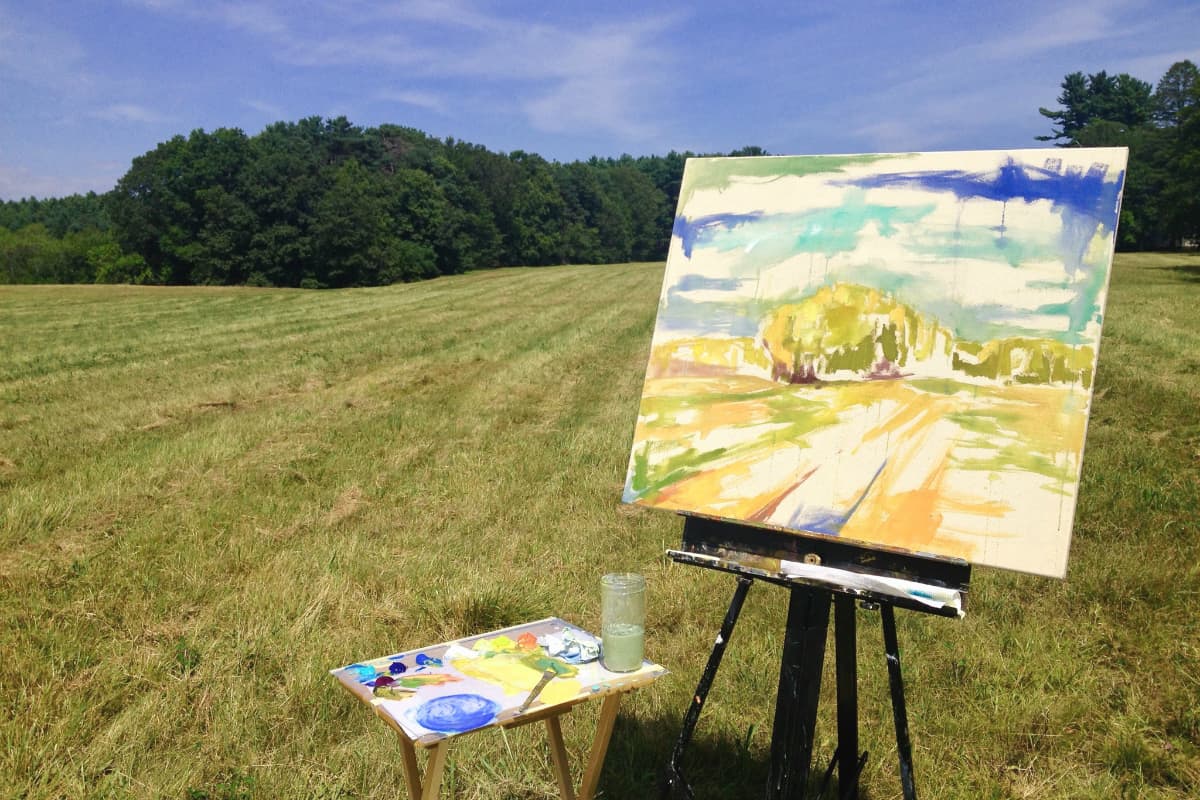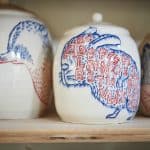Maine artist Scott Kelley tells stories of New England’s natural world in detailed watercolor paintings with multiple meanings.
Scott Kelley is an artist who enjoys telling stories. Kelley, who lives and works on Peaks Island, Maine, creates meticulously-detailed watercolor and gouache paintings of animals, birds, and other objects from nature. His work mixes fact with fiction, from woodland animals wearing Native American garb to portraits of children juxtaposed with 19th century whaling images. “I’ve always thought of my gallery exhibits as operas complete with a cast of characters from a libretto,” he says.
Kelley’s “characters” are the often unseen (or forgotten) objects that are emblematic of New England and the shoreline—beach stones, quahog shells, herons, fish. Born in Binghamton, New York, Kelley knew at age five that he wanted to be an artist. Although he was naturally drawn to the style of American realist painters such as Andrew Wyeth and Rockwell Kent, Kelley was schooled in minimalism at The Cooper Union in New York City (he also attended the Slade School of Fine Art in London and did post-graduate work at the Glassell School of Art, Museum of Fine Arts, in Houston). “Realism was frowned upon when I was in college in the 1980s,” he says, although he believes his minimalist training enables him to add multiple layers of meaning to his work. “I find that my paintings have meanings that aren’t apparent to viewers and I can still tell stories,” he says.
Living on Long Island in the early 1990s, Kelley was inspired by the natural world around him, on the beach and in the water. He created highly detailed, straightforward paintings of rocks and shells. One day, when he and his wife Gail were out sailing, he saw a pair of blue herons and was moved to paint them as well, generating a whole series of works about birds. In 2003, he was artist-in-residence for a month at the Palmer Station in Antarctica, painting penguins and local wildlife.
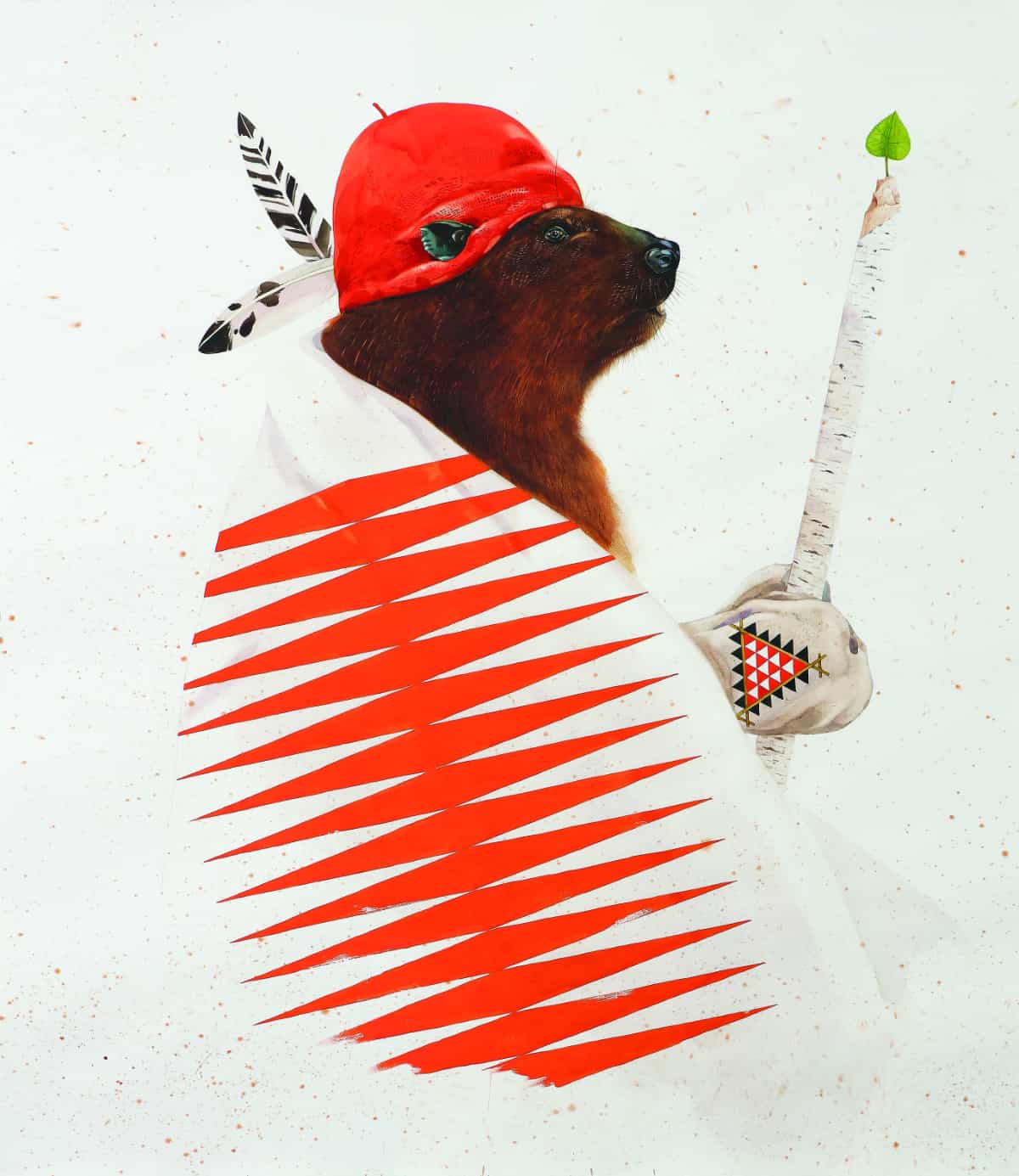
Diamond Beaver, Watercolor and gouache on paper, 55” x 48”
Concepts for Kelley’s works can take years to develop, shaped by his love of history and nature. Maine, in particular, strongly influences his work. “To me, Maine is a specific mindset,” Kelley says. “It’s a place with a number of personalities that are hard to attach to. It’s intriguing.” The state‘s personality is evident in his whaling series, which started as a group of paintings of whales and morphed into an eight-year project based on the history of American whaling. It includes scrimshaw of whales on reclaimed ivory (old piano keys) and portraits of Peaks Island children in period clothing or holding whaling artifacts.
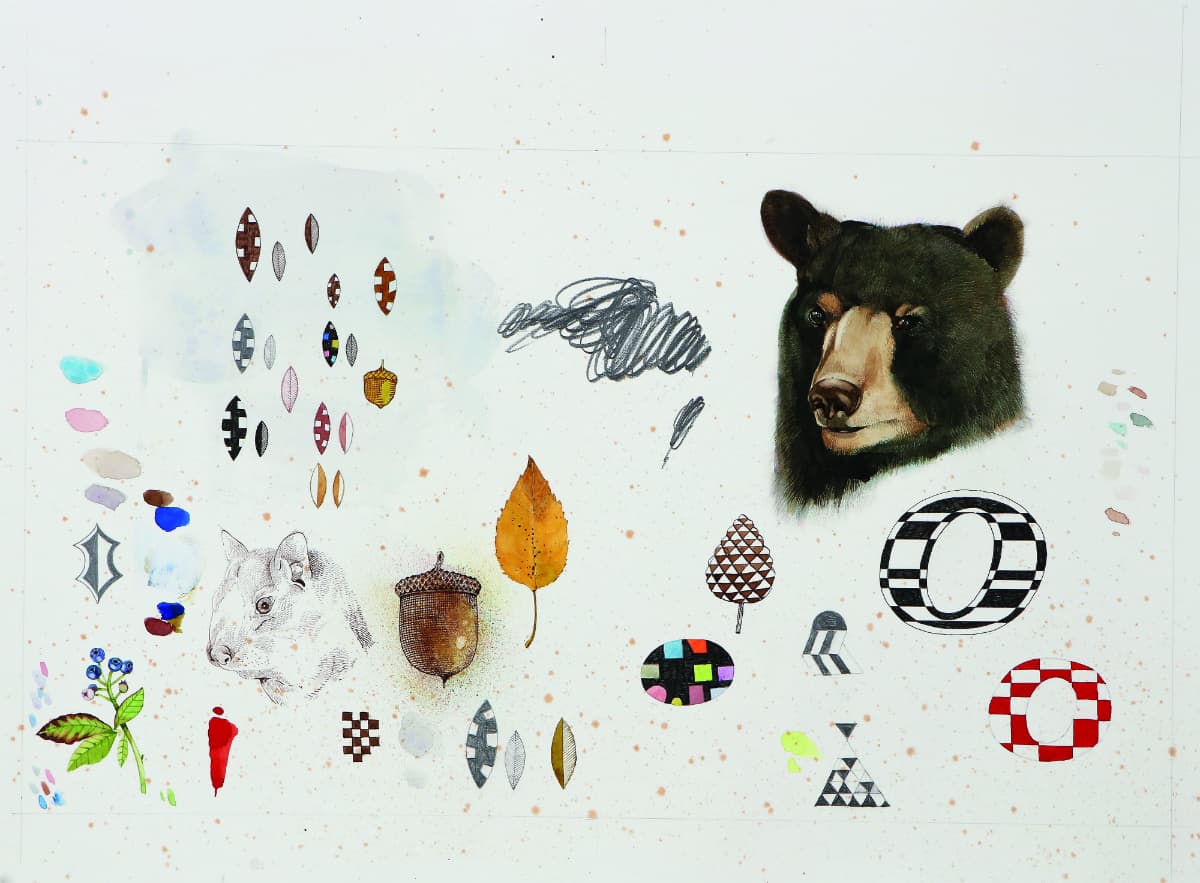
Chaos Bear, Watercolor and gouache on paper, 22” x 30″
Kelley’s most recent work is Birch, a limited-edition children’s book adapted from a Wabanaki folk tale about a birch tree who protects the forest. The project was inspired by Kelley’s portraits of animals, depicted as Wabanaki tribal elders. “I wanted to create a story the animals in my studio could inhabit,” he says (the book will be released nationally as I Am Birch in spring 2018). “I love places where nature rubs up against modern-day civilization.” It’s a story that, true to Kelley’s inquisitive nature, he’s explored in-depth.
Scott Kelley’s art work is on view at Dowling Walsh Gallery, Sigrid Freundorfer Fine Art, W.M. Brady & Co., and John H. Surovek Gallery.
